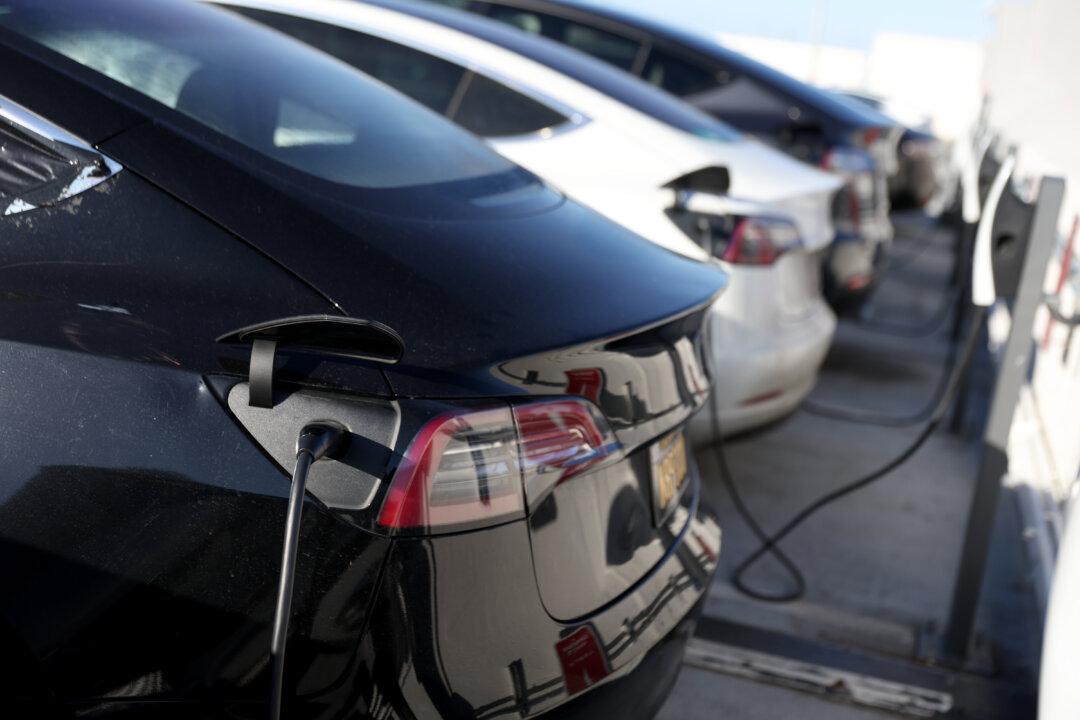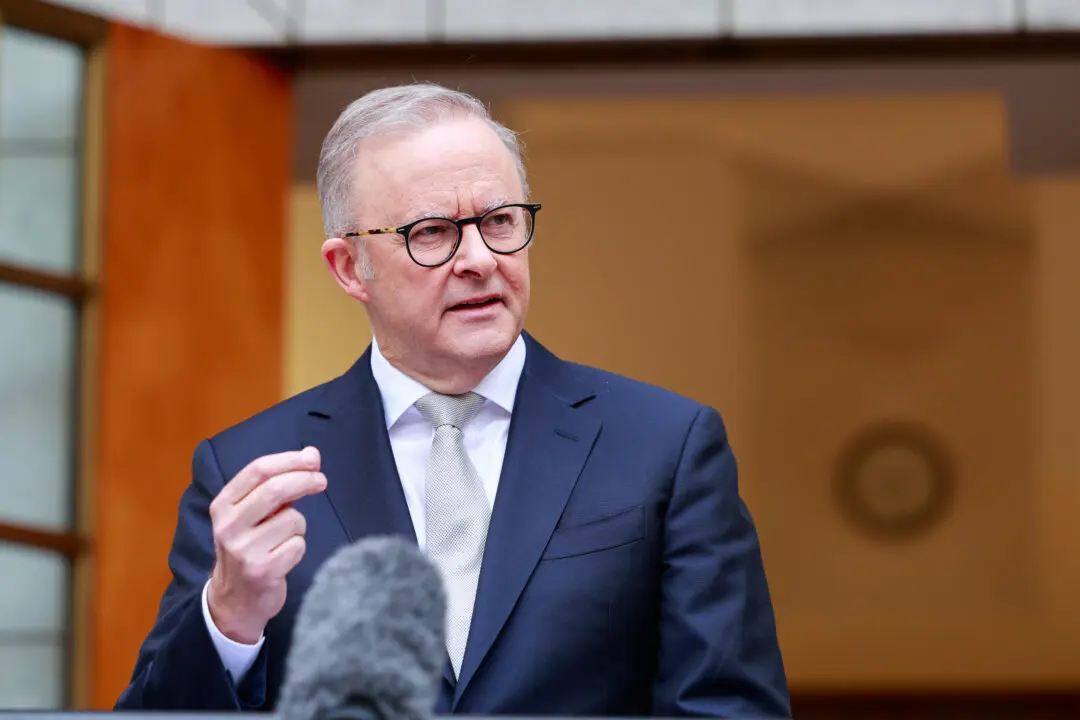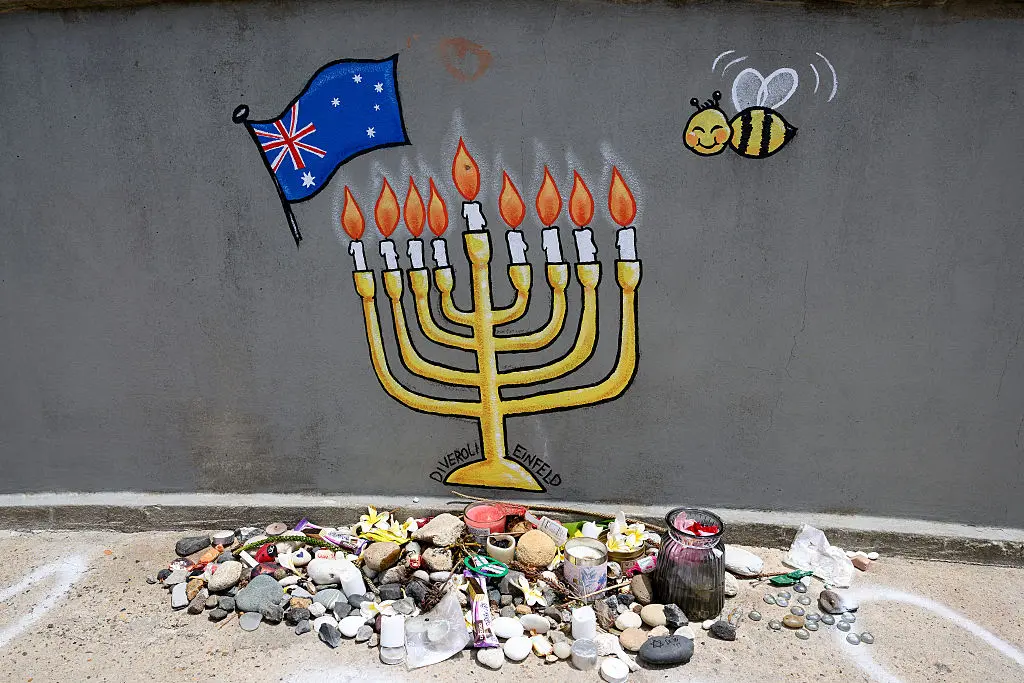The global push towards net zero has proven to be a boon for Beijing’s Belt and Road Initiative (BRI), a global investment and lending program targeting major projects around the world.
The BRI has been subject to intense scrutiny in recent years, particularly about the lending practices (debt-trap diplomacy) from Beijing-linked entities to developing countries.





